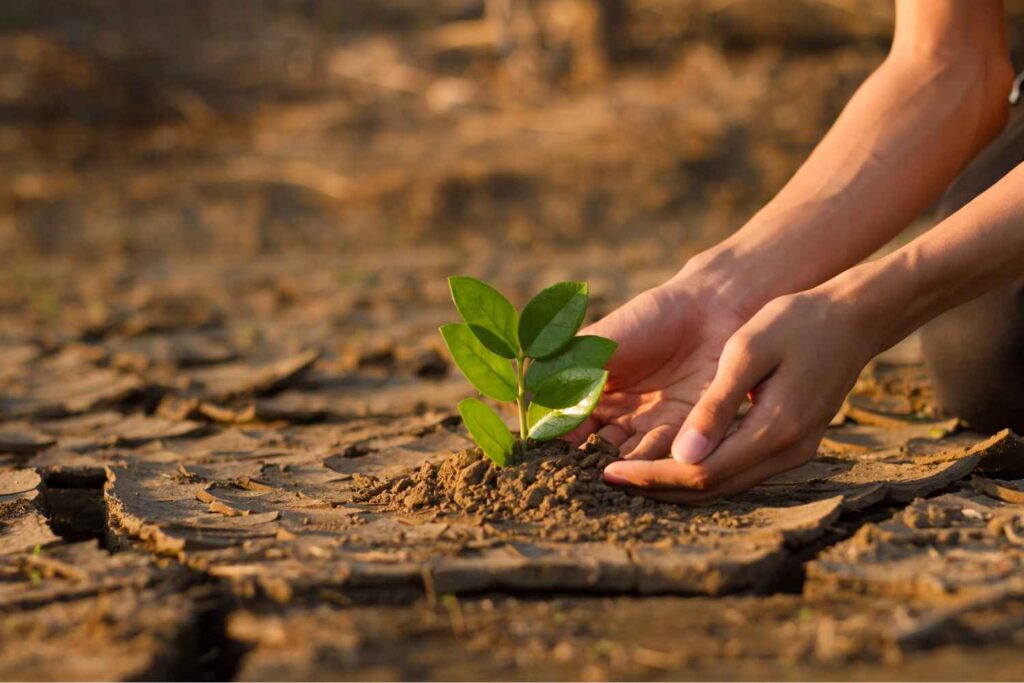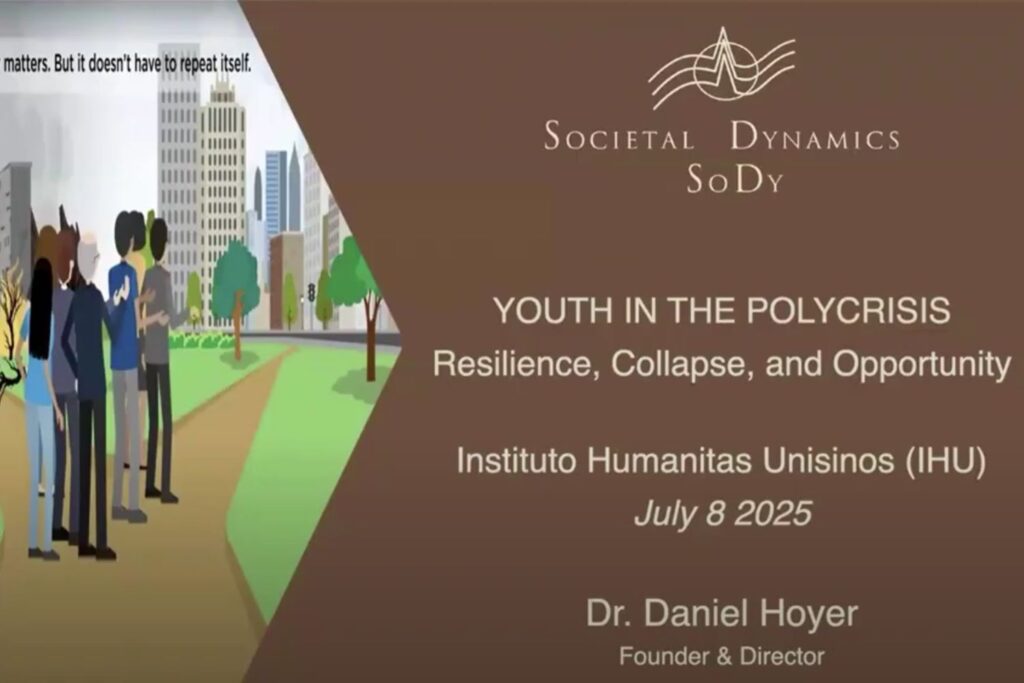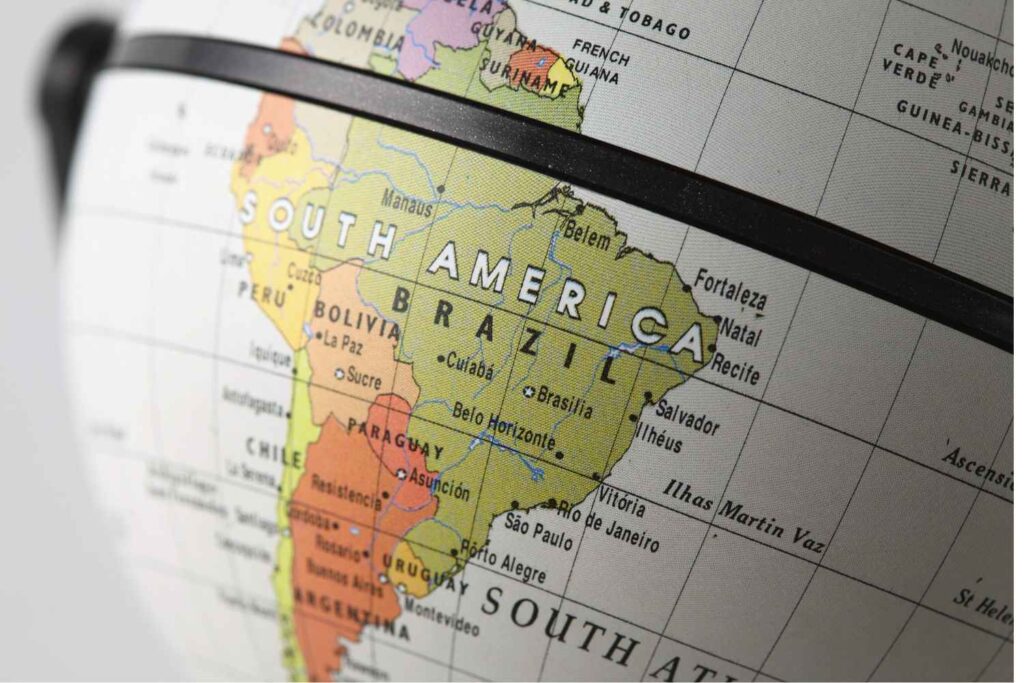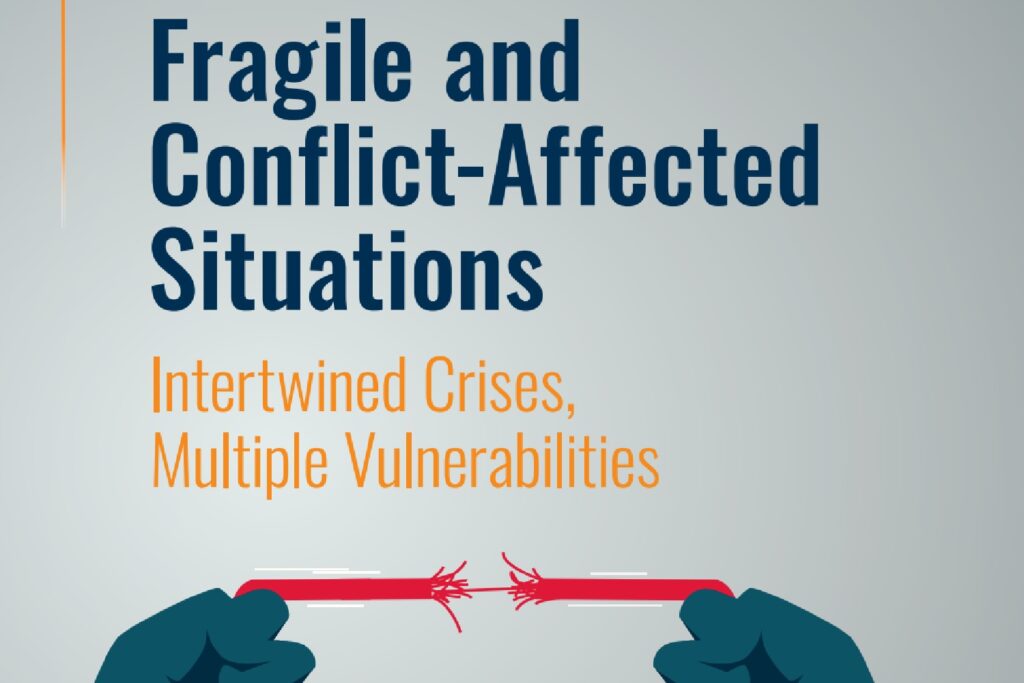Tipping Cascades Between Conflict and Cooperation in Climate Change
The authors examine the complex interplay between climate change and security, offering a systems-based modelling approach to understanding transitions between conflict and cooperation. Drawing on empirical research and the case study of Lake Chad, the article explores how climate risks act as conflict multipliers through tipping points, cascading effects, and multi-agent interactions. Using bi-stable tipping […]
Tipping Cascades Between Conflict and Cooperation in Climate Change Read More »










